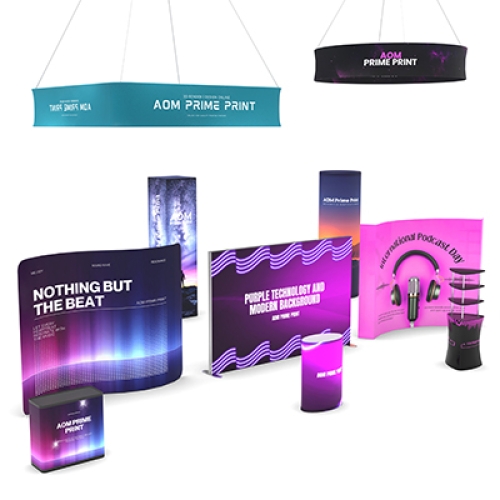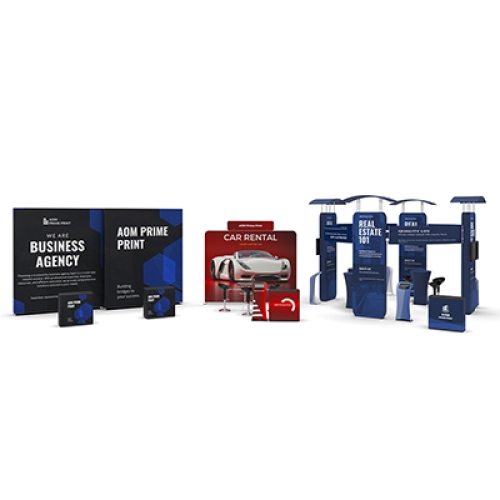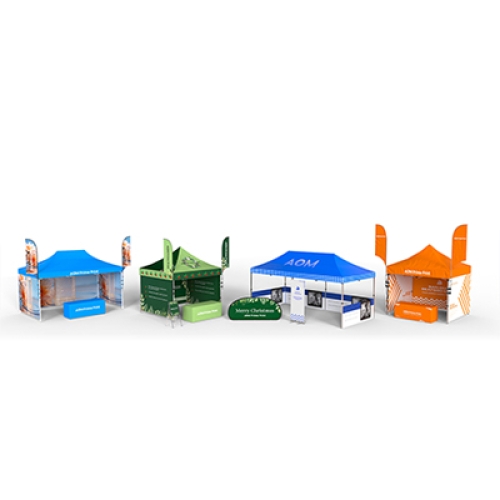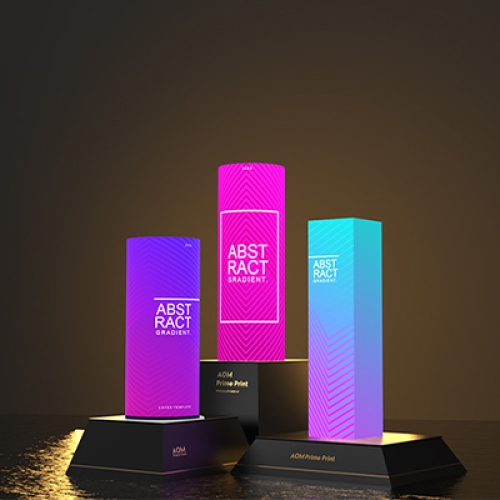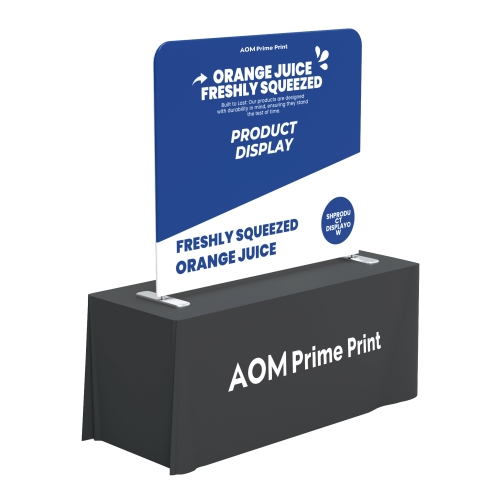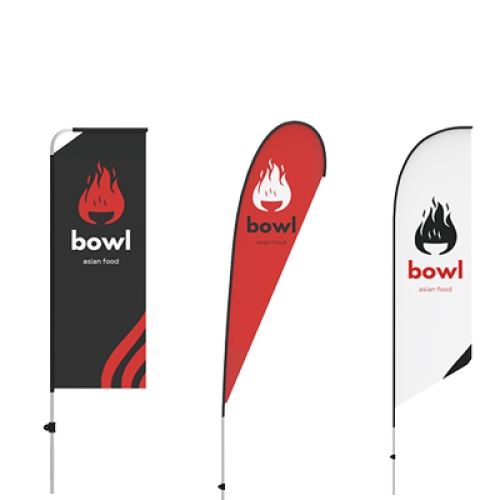The Power of Field Marketing: Direct Engagement and Success Strategies
March 2nd 2025
Field marketing is all about getting personal with consumers. While traditional marketing often relies on digital ads and mass communication, field marketing is a hands-on approach that connects brands directly with their target audience in person. This type of marketing happens "out in the field," whether at retail locations, trade shows, events, or public places. Its core focus is to create meaningful interactions with consumers, driving both brand awareness and sales.
What Is Field Marketing?
Field marketing encompasses various activities aimed at promoting products and services through face-to-face interactions. These activities might include product demonstrations, direct sales, guerilla marketing tactics, or even retail audits. Unlike broad, impersonal campaigns, field marketing is all about creating memorable, personal connections with potential customers.
Common Objectives of Field Marketing:
- Brand Awareness: Building a strong, recognizable brand presence.
- Increased Sales: Directly influencing purchase decisions on the spot.
- Local Engagement: Establishing a connection with specific communities or consumer groups.
Types of Field Marketing Campaigns
-
Product Demonstrations:
These are the heart of many field marketing strategies. Whether it's giving away free samples or showcasing a product’s capabilities, product demonstrations put the consumer in direct contact with the brand. This hands-on experience boosts customer confidence and influences purchasing decisions. -
Direct Selling:
Field marketers often combine product demos with sales pitches, converting interest into actual purchases. Pop-up shops, promotional tables, and event booths are common places where direct sales occur, especially after a customer has experienced a demo firsthand. -
Retail Audits:
Not all field marketing happens directly with consumers. Retail audits involve evaluating how products are displayed in stores, ensuring that signage, products, and marketing materials align with the brand's goals. This is a critical part of optimizing retail presence and sales outcomes. -
Guerrilla Marketing:
This is about using surprise, creativity, and non-traditional methods to engage consumers in unexpected ways. From flash mobs to street installations, guerrilla marketing captures attention with low costs and high creativity.
Building a Field Marketing Organization
To run effective field marketing campaigns, businesses often build dedicated teams or field marketing organizations. These teams may be organized by region, with managers overseeing smaller teams who work on specific campaigns. The size and structure of the team will depend on the scope of the campaign and the brand's target market.
Key Roles in Field Marketing:
- Field Marketing Representative: They are the frontline workers, engaging with customers directly, conducting product demos, and gathering feedback.
- Field Marketing Manager: These professionals oversee campaigns, manage teams, and ensure that marketing objectives are met.
- Brand Ambassadors: Individuals who represent the brand and promote products, often bringing personal influence to the marketing efforts.
- Street Team Representatives: The face of guerrilla marketing, they engage the public through creative and impactful street-level tactics.
Field Marketing vs. Traditional Marketing
The key distinction between field marketing and traditional marketing is the level of interaction. Traditional marketing uses broad, one-way communication (think TV ads or social media campaigns), while field marketing fosters direct engagement. This creates more immediate feedback and greater agility for marketers. If something isn’t working, adjustments can be made in real-time, allowing companies to optimize campaigns quickly.
For example:
- Traditional Marketing: A beverage company runs a TV ad campaign to raise brand awareness.
- Field Marketing: The company follows up with in-store demos, encouraging customers to sample the beverage and driving immediate sales.
By combining both approaches, companies can increase the chances of success by touching both digital and physical consumer touchpoints.
8 Strategies for Successful Field Marketing
For field marketing to be effective, a strategic approach is necessary. Here are eight key strategies to make the most of field marketing initiatives:
-
Identify Your Target Audience:
Understanding who your ideal customers are is crucial. Choose events or locations where they are most likely to be, and create messaging that speaks to their interests and needs. -
Tailored Collateral:
Customizing your marketing materials—brochures, fact sheets, or giveaways—can help ensure that your message is effective at different stages of the customer journey. -
Smart Campaign Creation:
With demographic data in hand, create targeted, engaging campaigns that are adaptable to different types of events. Build creative, eye-catching displays and prepare engaging presentations that capture attention. -
Monitor the Competition:
Stay informed about your competitors’ field marketing efforts. Whether they are succeeding or failing, understanding what works (and what doesn’t) will help refine your own approach. -
Centralized Content Management:
Utilize a content management system to store and manage assets, ensuring your team has easy access to all the materials they need for consistency and efficiency. -
Leverage Digital Tools:
While field marketing focuses on in-person interaction, digital tools can enhance your campaign. QR codes, mobile apps, and digital presentations can provide additional touchpoints and increase engagement. -
Measure ROI:
Use analytics tools to measure the success of your campaigns. Tracking foot traffic, sales, customer demographics, and feedback allows you to quickly adjust your strategy for better results. -
Consistent Outreach:
After an event, follow up with leads and contacts. Whether through personalized emails, phone calls, or social media messages, maintaining communication helps to nurture relationships and drive sales.
Types of Field Marketing Events
Field marketing can take place across various events, each suited to different marketing goals. Some of the most common events include:
- Trade Shows: These industry-specific events are ideal for showcasing products to a highly relevant audience.
- Conventions: Great for B2B marketing, conventions offer a chance to network and demonstrate products to a targeted group of professionals.
- Roadshows: If customers can’t come to you, take your product to them. Roadshows bring the brand directly to the consumer at various locations.
- Webinars: Virtual events can extend the reach of your field marketing campaigns, allowing you to engage with a broader audience while maintaining direct interaction.
The Benefits of Field Marketing for Event Planners
Field marketing doesn’t just benefit marketers; event planners also play a crucial role. Whether designing events specifically for marketing or serving as field marketers themselves, planners can create experiences that strengthen brand connections with customers. Successful field marketing campaigns—whether in-person or virtual—can be powerful tools for driving engagement and sales, making them a key asset for event planners across industries.
Conclusion
Field marketing brings brands closer to their consumers, creating opportunities for personal connection and real-time feedback. By leveraging hands-on tactics and data-driven strategies, businesses can maximize the effectiveness of their marketing campaigns. Whether you’re a field marketing veteran or just starting, the strategies outlined above will help ensure your campaigns are impactful and successful. So, get out there, connect with your audience, and let your brand shine in the field!

